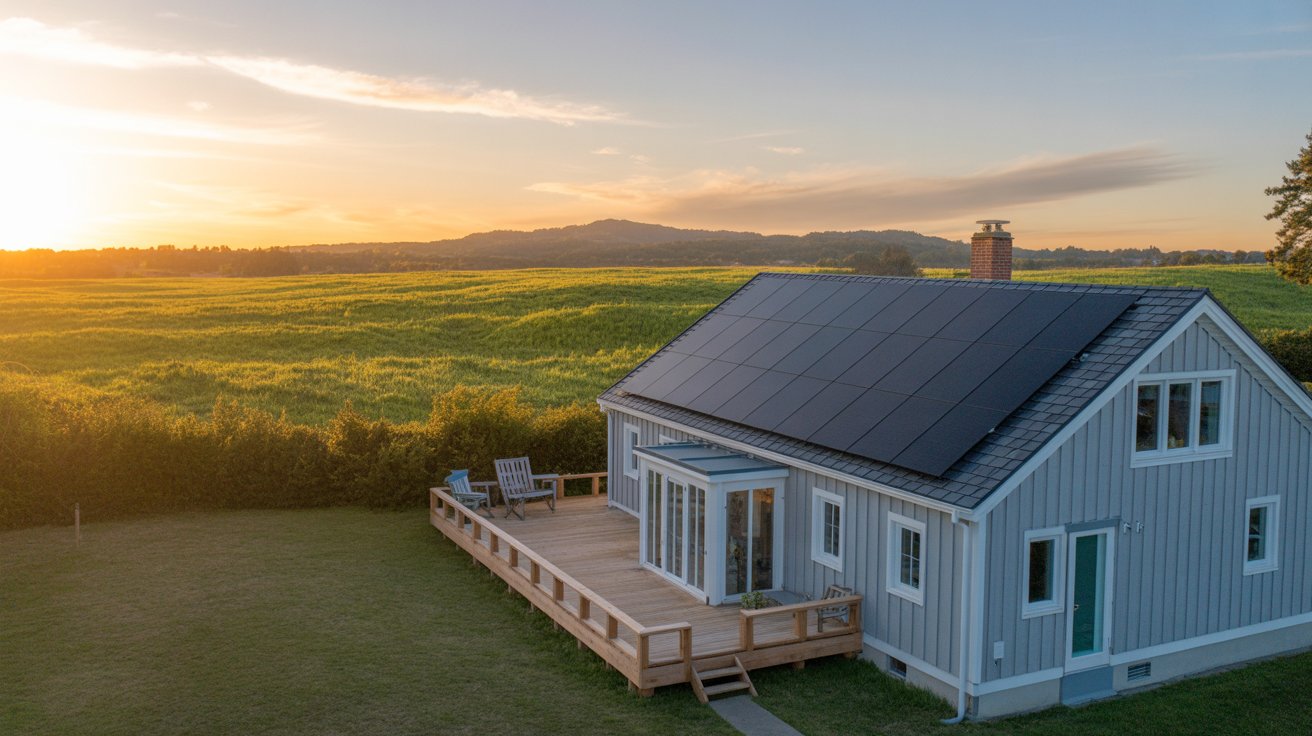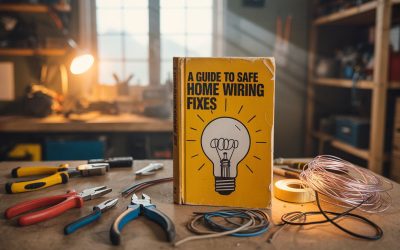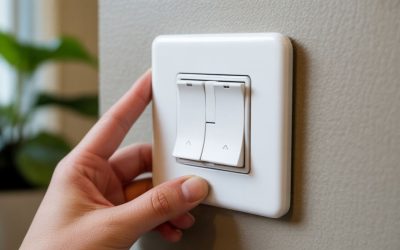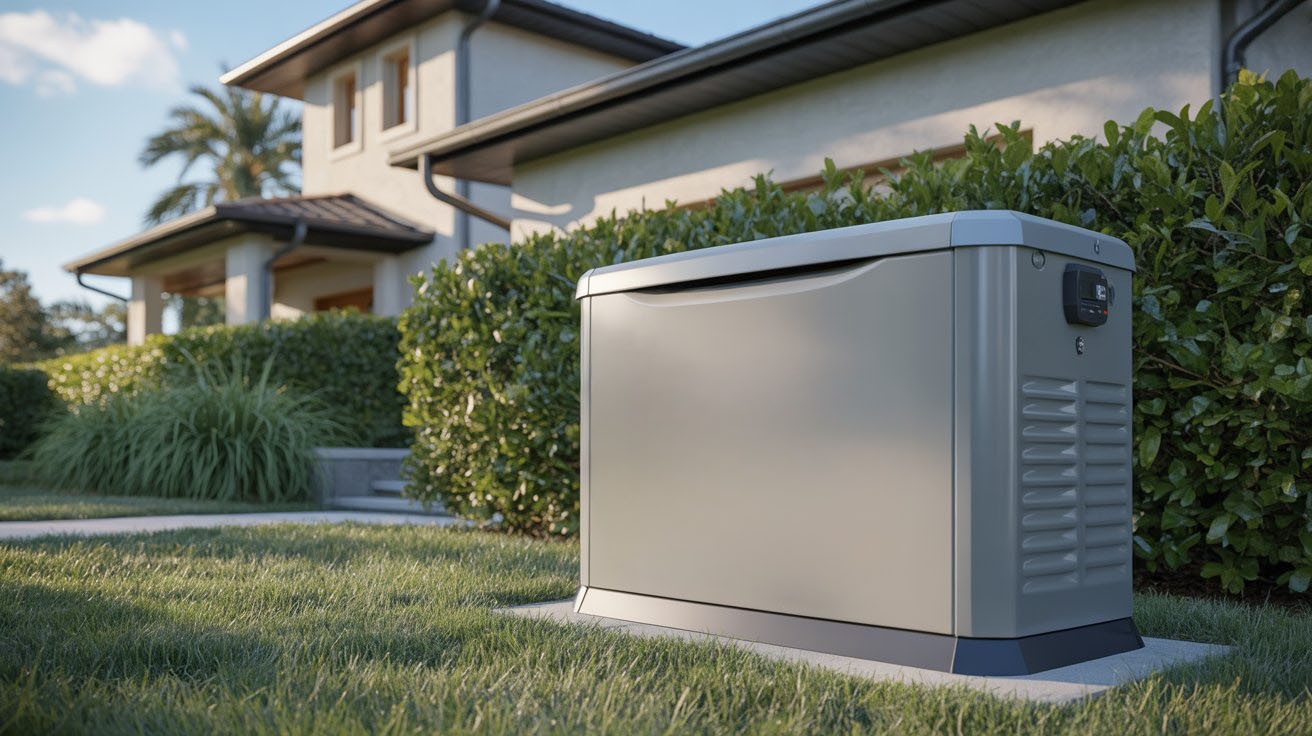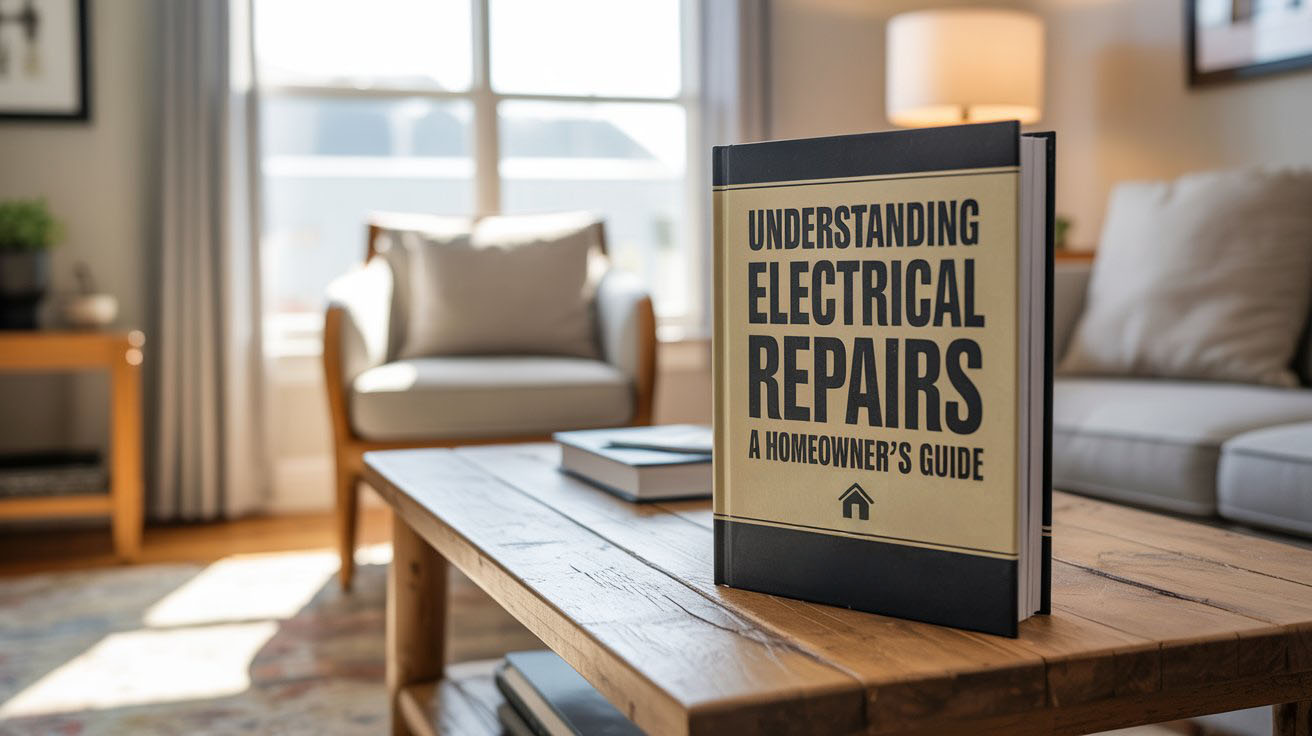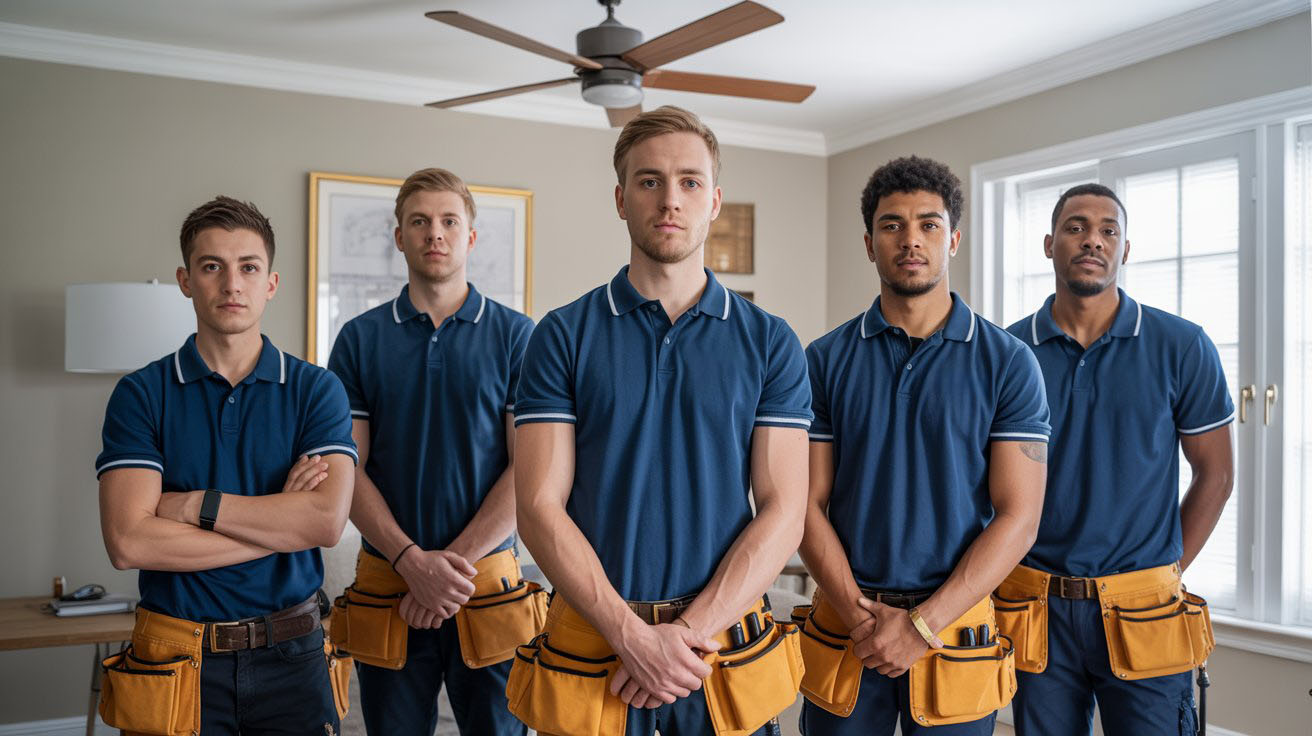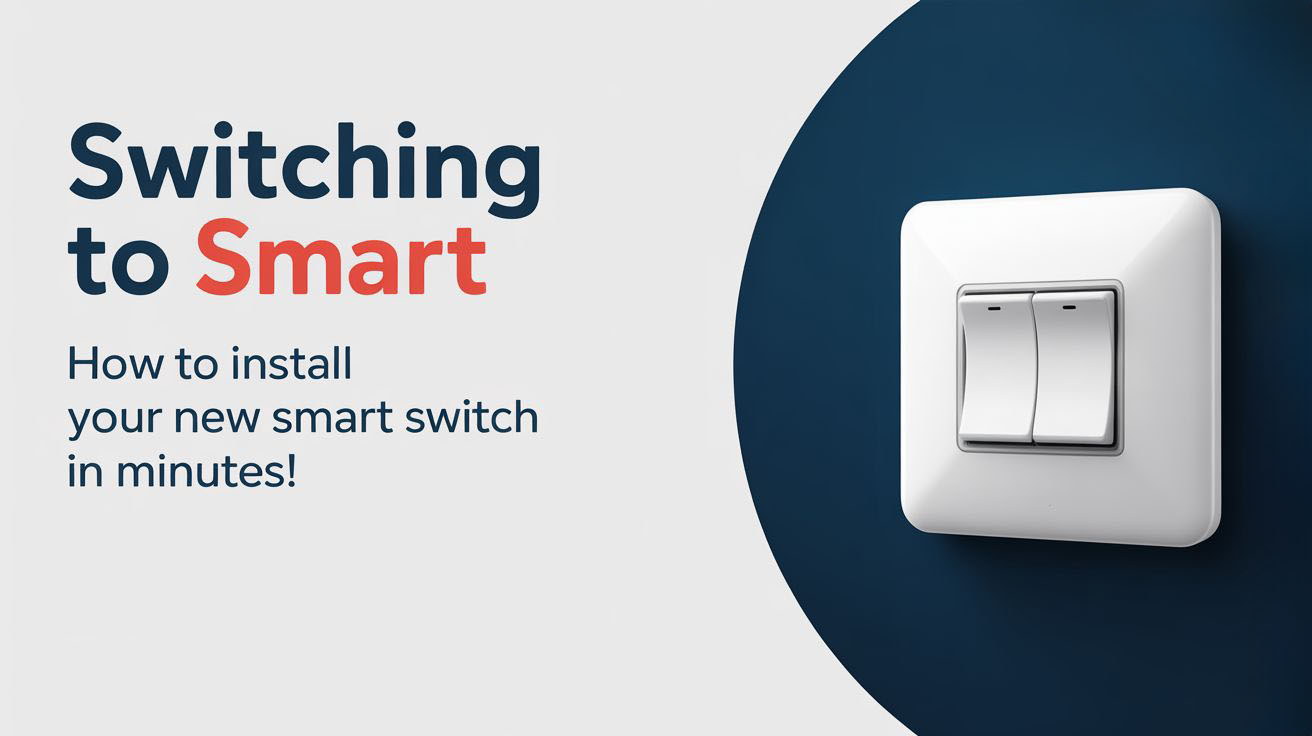Installing solar panels at home can be an exciting investment. Not only do they help in reducing electricity costs, but they also promote a sustainable lifestyle.
Table of Contents
- Benefits of Solar Energy
- Cost Savings on Electricity Bills
- Positive Environmental Impact
- Government Incentives
- Increased Property Value
- Key Takeaways
- Frequently Asked Questions
- Schedule Your Solar Panel Installation Today
Benefits of Solar Energy
Understanding Solar Power
Solar energy is the light and heat emitted by the sun. It can be converted into electricity using solar panels installed on rooftops. This clean source of energy not only powers homes but also helps in decreasing reliance on nonrenewable resources.
Why Choose Solar Panels?
Choosing solar panels is a decision that brings numerous benefits. Here are the main advantages:
- Renewable energy source
- Reduces carbon footprint
- Low maintenance requirements
- Potential for energy independence
Cost Savings on Electricity Bills
Many homeowners experience significant reductions in their monthly electricity bills after installing solar panels. Generating your electricity can be much cheaper than buying power from the grid.
Long-Term Financial Benefits
Although the initial installation cost may seem high, the long-term benefits can make solar power a more appealing option overall. Homeowners often find that the investment pays for itself in just a few years, thanks to savings on their electricity bills.
Net Metering
Some states offer net metering, which allows you to sell excess electricity generated by your system back to the grid. This means you can potentially receive credits on your utility bill, which will further decrease your expenses.
Positive Environmental Impact
Choosing solar panels is a step towards a cleaner environment. Here’s how:
- Reduces greenhouse gas emissions
- Decreases dependency on fossil fuels
- Lowers air pollution
Every kilowatt-hour of solar-generated electricity displaces fossil fuel-based energy, making an immediate positive impact on climate change.
Government Incentives
Various federal and state programs encourage homeowners to install solar panels by offering financial incentives.
Tax Credits and Rebates
The federal government provides tax credits for solar installations, making them more affordable. Many states and localities also have rebate programs that can cover a portion of the installation costs. Always check your regional programs for the latest offers.
Financing Options
Many solar companies offer financing plans, enabling you to install solar panels with minimal or no upfront costs. This makes solar energy accessible to many more homeowners.
Increased Property Value
Homes equipped with solar panels often see an increase in property value. Potential buyers are increasingly seeking homes with solar installations due to the long-term savings and environmental benefits.
Market Trends
Studies have shown that homes with solar panels sell faster and at higher prices than those without them. Investing in solar energy can attract buyers seeking energy-efficient homes.
Key Takeaways
– Solar energy offers numerous advantages, including financial savings and environmental benefits.
– Initial costs are often offset by significant reductions in electricity bills over time.
– Government incentives and financing options make solar more affordable for homeowners.
– Installing solar panels can boost your home’s property value.
Frequently Asked Questions
How long do solar panels last?
Most solar panels have a lifespan of 25 to 30 years. With proper maintenance, they can function well beyond that period.
Do solar panels work in cloudy weather?
Yes, solar panels can still generate electricity on cloudy days. While they are most effective in sunlight, they can function efficiently in various weather conditions.
Is it possible to install solar panels on my own?
While some homeowners attempt DIY installations, it’s generally recommended to hire professionals to ensure safety and compliance with local regulations.
What happens during a power outage?
If your solar system is connected to the grid, it typically shuts down during an outage to protect utility workers and prevent damage to the grid. Battery backup systems can store energy for use during power failures.
Can I install solar panels on any roof?
Most roofs can support solar installations, but it’s best to consult with a professional to evaluate your specific situation.
Schedule Your Solar Panel Installation Today
Investing in solar panels is a smart choice for your home and the environment. With various financial incentives available and the benefits of energy savings, there’s no better time to start. Contact us today.

